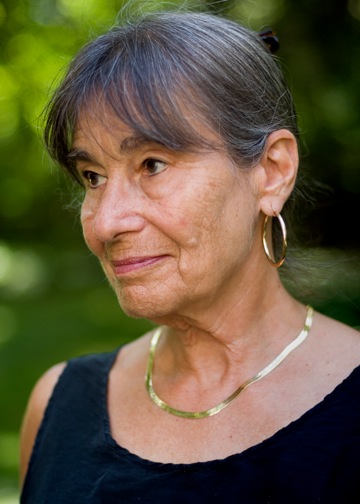Do you remember our earnestness our sincerity
In first grade when we learned to sing America
The Beautiful along with the Star-Spangled Banner
And say the Pledge of Allegiance to America
We put our hands over our first grade hearts
We felt proud to be part of America
I said One Nation Invisible until corrected
Maybe I was right about America
School days school days dear old Golden Rule Days
When we learned how to behave in America
What to wear, how to smoke, how to despise our parents
Who didn’t understand us or America
Only later understanding theBannerand theBeautiful
Lived on opposite sides of the street in America
Only later discovering this land is two lands
One triumphant bully one merciful America
Sometimes I still put my hand tenderly on my heart
Somehow or other carried away by America
Ghazal: America
The prophet Isaiah tells us that some day people "will beat their swords into ploughshares and their spears into pruning hooks; nation shall not lift up sword against nation, neither shall they learn war any more." That was about twenty-five hundred years ago, and I'm still waiting. But the truth is, through most of history, poets and writers have celebrated the idea of the warrior. Celebrated war. Glorified war. Only since the World War I and a few poets like Wilfred Owen has it become possible for masses of people--including poets--to see war as ugly and stupid. So we are really just beginning, just taking the first step on the path to peace.
